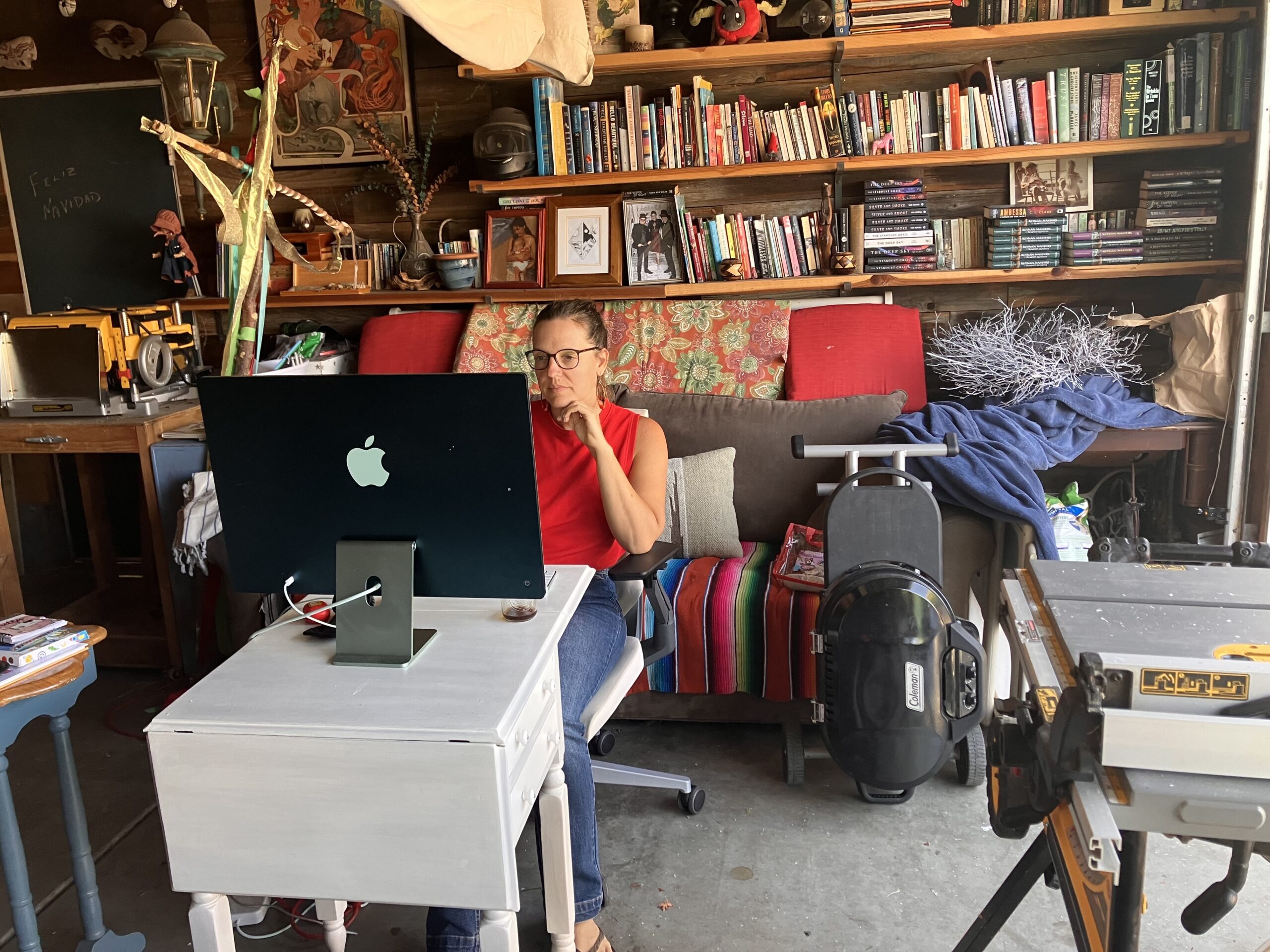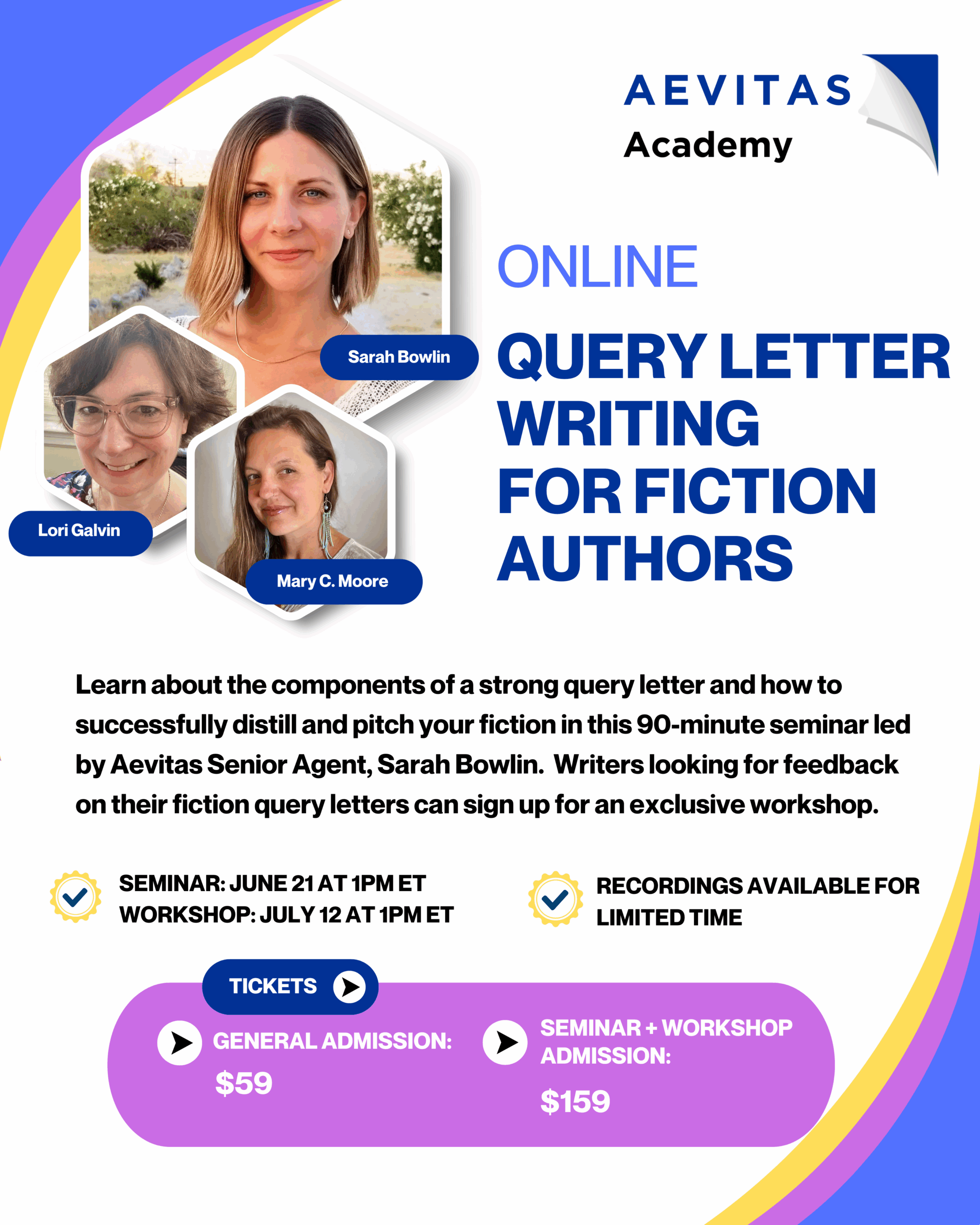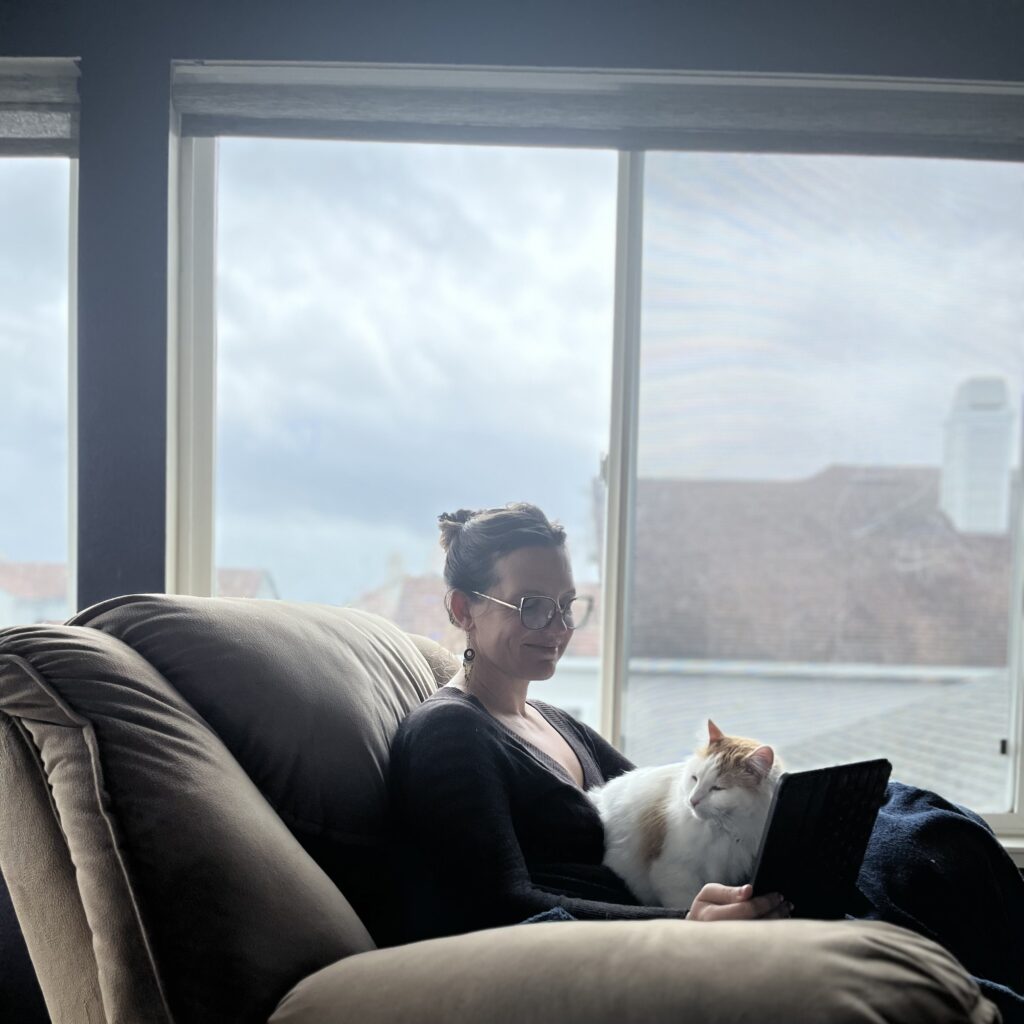I love the way the heat of summer makes everything feel slower and deliciously lazy. I’ve even set up my office in the garage, leaving it open to the sounds of birds, bugs, wind, and the occasional lawn mower. Our homemade midsommar pole leans over me, almost wistfully. And surprisingly, I’m feeling more on top of work than usual. Perhaps it’s just getting the office out of the house, but I like to think it’s the warm silky vibes of working outdoors. In that spirit, I have closed to submissions for a bit to catch up. I received about 1,600 submissions over May and June and about 100 of those queries caught my eye enough to take another look. Of those, I will probably offer on 1-4 depending on the space I have on my list when I get to them.
I did change my submission requirements to include the full manuscript as an attachment, rather than just the opening sample pages. I haven’t decided if this system is more or less efficient than my old one, and do wonder which writers prefer. For context: previously if the query passed the first read, then I flicked down to the sample pages and responded faster to those submissions. But then I sat longer on the few projects that I may have wanted to read even more of, because I didn’t want to commit to asking for the full just yet. In contrast, with the new system the full is already attached, so although I can’t determine as quickly on the queries that pass the first read, I can respond faster to the ones sitting in the maybe pile, because I know writers aren’t expecting personal feedback on their full that was already attached. So more queries end up in the maybe pile, but I’m faster to respond to them as a whole. I’m definitely overthinking the process, but you probably would too after the thousandth submission.
Comment below if you have an opinion!







